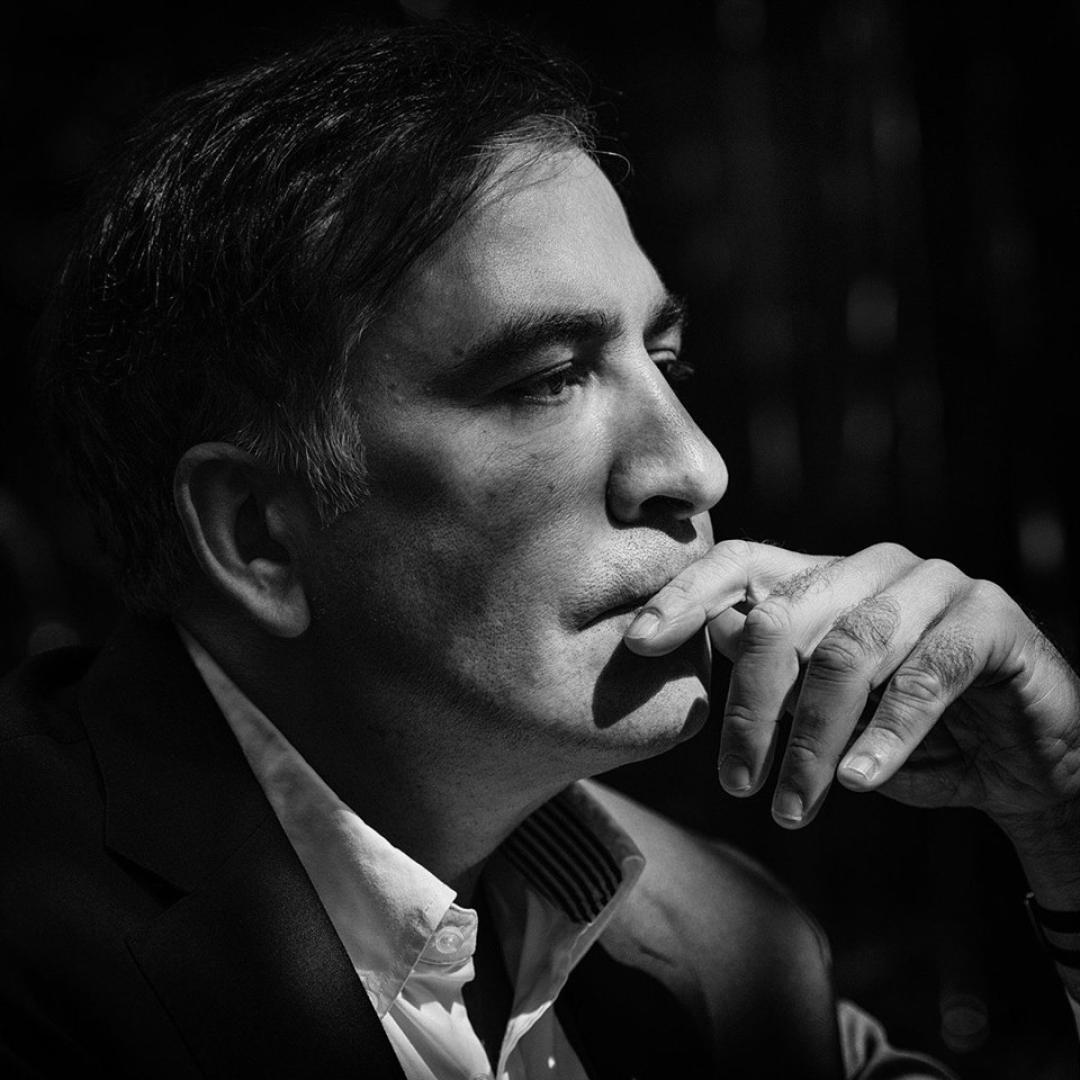
Doctors say Saakashvili's condition not to improve

The committee of medical specialists appointed by Georgia's Public Defender to monitor Mikheil Saakashvili's health and treatment indicated that the physical rehabilitation remains a serious concern.
The findings revealed that after vital risks were eliminated with refeeding following the ex-president's hunger strike and no further significant improvement or deterioration in Saakashvili's condition could be observed in their three monitoring visits, the most recent of which was on January 11.
According to the report, the group's advice on November 25 to treat Saakashvili for depression and PTSD with psychotherapy went unheeded. The ex-president's pharmaceutical therapy, according to specialists, is relatively satisfactory.
They stressed that "complete psychological restoration is less realistic" under the current circumstances. If Saakashvili's depression worsens, medical specialists prescribed counselling, as well as physical rehabilitation, MRT testing, neurological monitoring, and electroneuromyography evaluation.
On November 16, as Saakashvili was getting treatment at Gldani prison hospital, roughly a week after his forcible transfer from Rustavi jail, Public Defender Nino Lomjaria formed the expert team. The European Court of Human Rights imposed an interim measure requiring the Georgian government to follow the organisation’s assessment declared on November 17 that it was important to treat the ex-President at a multi-profile facility instead.
On November 19, the authorities transported Saakashvili to the Gori military hospital, and the ex-president ended his hunger strike, which he had begun following his arrest on October 1. After being released from the clinic, Saakashvili was sent to the Rustavi jail on December 30.
See Also


Mirzoyan Meets US Deputy Assistant Secretary Joshua Huck

Azerbaijani President Holds Talks with UAE and German Business Delegations on Economic Cooperation

Grigoryan Confirms Armenia’s Readiness to Dissolve OSCE Minsk Group Upon Peace Treaty Signing

Azerbaijani Official Warns of Ecological Risks to Caspian Sea, Similar to Lake Urmia and Aral Sea

